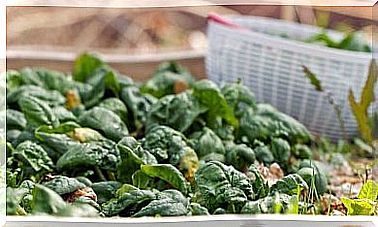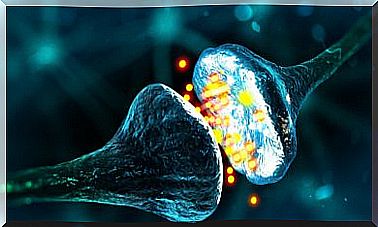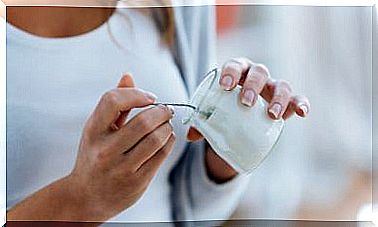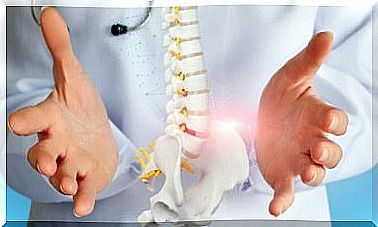Diet For Constipation
Constipation is one of the most common gastrointestinal problems in the population. It occurs when the expulsion of stool occurs less than three times a week. In addition, they are usually hard and difficult to evacuate. What should a constipation diet include?
Although in many cases it is necessary to consume medications prescribed by the doctor, it is often solved with some adjustments in the diet. In fact, coinciding with a publication in Food and Nutrition Research , it would be wise to maintain a diet rich in fiber.
Fortunately, there are many healthy foods that can be considered when you have this condition. This time we want to highlight some recommended and which ones should be avoided. Find out!
Diet for constipation: what should you keep in mind?
First of all, it is important to remember that constipation is a chronic health problem that must be treated by a professional. While it is true that the practice of healthy habits helps to overcome it, many cases require other interventions that can only be suggested by a doctor or gastroenterologist.
When it comes to diet, some changes are likely to be required. Sometimes this condition appears due to a low intake of fiber and fluids. Also, according to a study published in Pediatric Gastroenterology, Hepatology & Nutrition , diets that include fruits, fluids, and probiotics are good for constipation.
Considering this, below we want to share some of the foods that are suitable for this health problem. Try to consume them regularly, even after you overcome the discomfort.
Berries
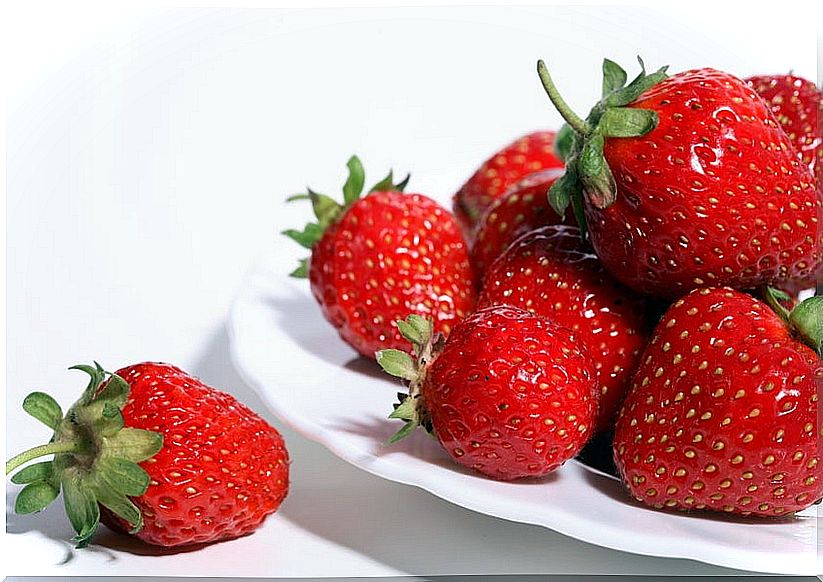
In this group are blackberries, strawberries and raspberries. These fruits, in addition to being delicious, are rich in fiber and provide few calories. A study in the World Journal of Gastroenterology concluded that dietary fiber intake would increase the frequency of bowel movements in constipated people. For this reason, we recommend including berries for breakfast accompanied by your favorite cereal.
Whole grains
As we all know, cereals are rich in fiber. In the market, there is a great variety of these products. Although you can choose the one you like the most, it is recommended to opt for whole grains, since they retain a greater amount of fiber, a compound that, as we saw previously, would be advisable to combat constipation.
- They can be consumed for breakfast, accompanied by fruits and a skim milk drink, preferably yogurt. By eating them early, you can have a pleasant day and enjoy a good intestinal transit.
Plums, apples and pears
Among the fruits, plums, apples and pears stand out for their natural fiber content. It is believed that they would be good options to help improve symptoms and especially the discomforts caused by constipation.
Popcorn
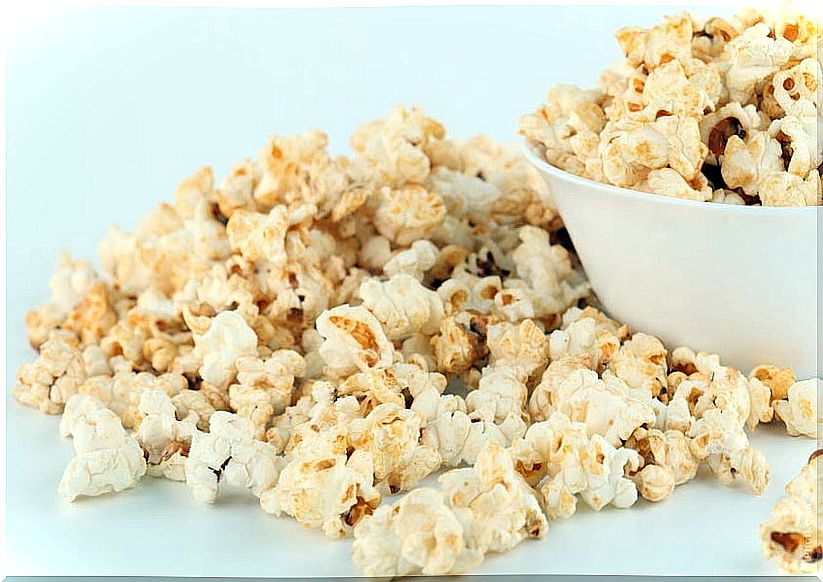
Believe it or not, it may be advisable to include popcorn in your diet for constipation. It is a whole grain, with a high fiber content (15 g / 100 g). For this reason, it would help regulate intestinal transit.
Olive oil
Consuming a tablespoon of raw olive oil can be useful against this health problem. There are even studies where it is supported that it may have a slight laxative effect. Of course, it should be taken in moderation.
Other foods for a diet against constipation
In addition to the foods mentioned, there are other options that, due to their content of dietary fiber, water and nutrients, are ideal to include in the diet against constipation. These include:
- Green leafy vegetables.
- Flax and chia seeds.
- Nuts.
- Avocado.
- Natural yogurt.
- Beans.
- Herbal infusions.
Foods to avoid on a constipation diet
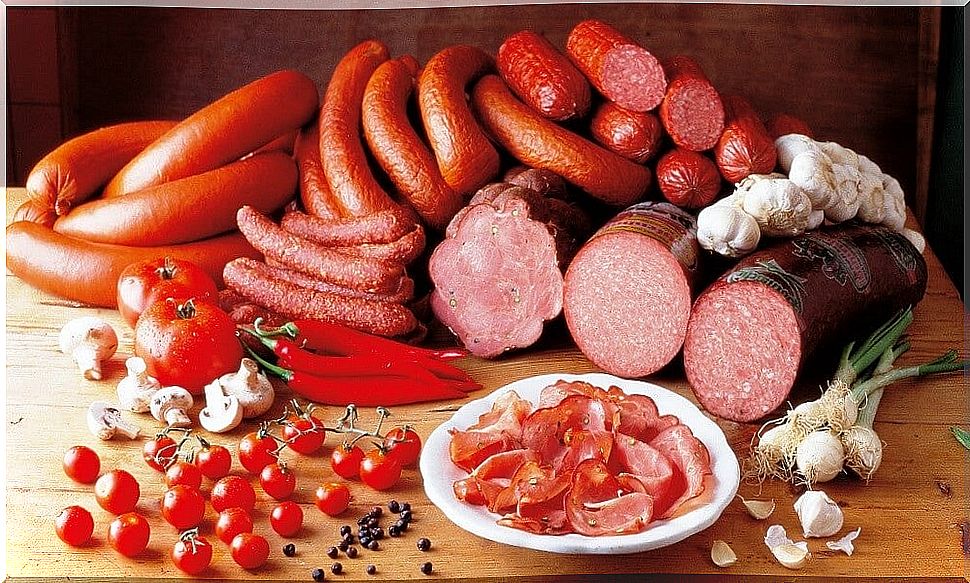
While some foods are beneficial when it comes to fighting constipation with diet, others, on the contrary, could worsen this condition. In any case, try to consult with your trusted nutritionist to obtain a more personalized diet.
The foods that you should eat in moderation, or simply avoid, are:
- Processed meats
- Industrial bread and pastries.
- Refined flours.
- Fast foods.
- Fresh sugary.
- Candies.
- Chips.
- Red meat in excess.
Definitely
Eat fruits and high-fiber cereals regularly, drink plenty of water, and put aside bakery products that are made with white flour. Also, it might be advisable to moderate your consumption of coffee and chocolate.
As we always say, the best thing we can do to maintain good health is to follow correct eating habits, in addition to regular exercise.


